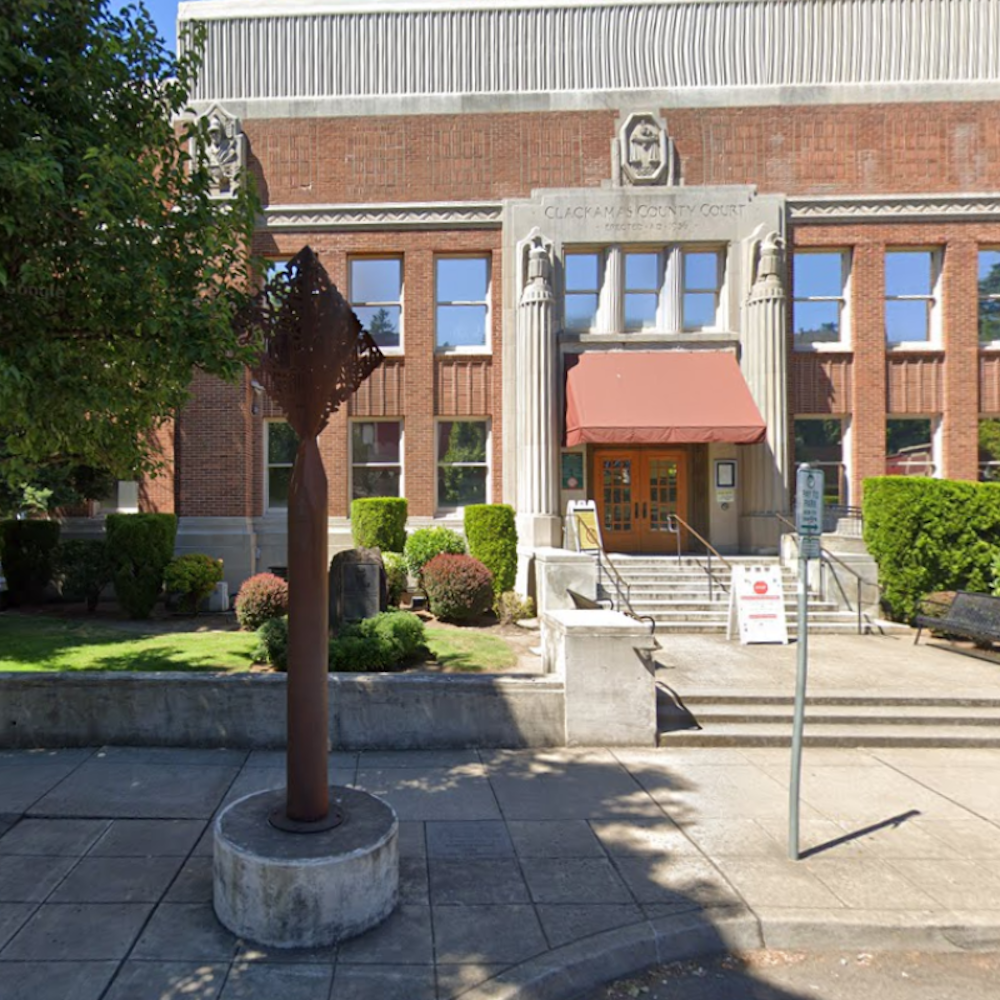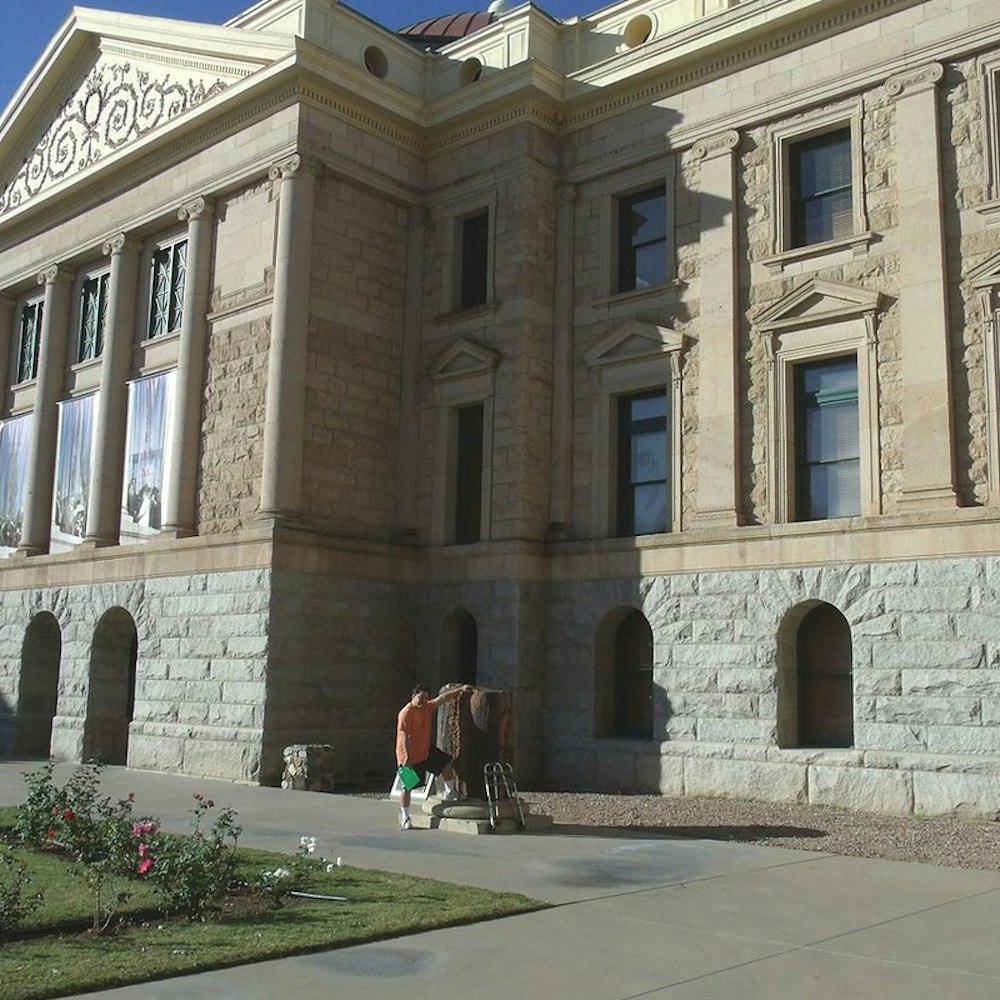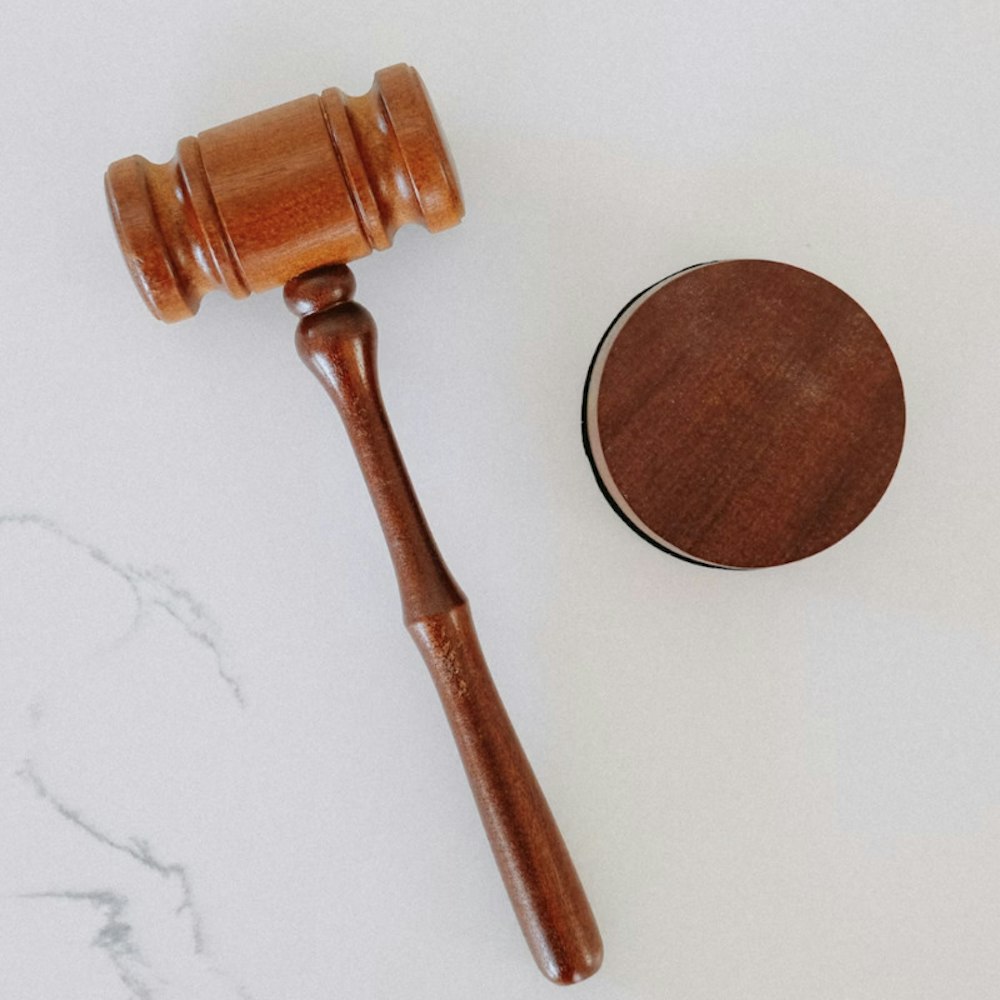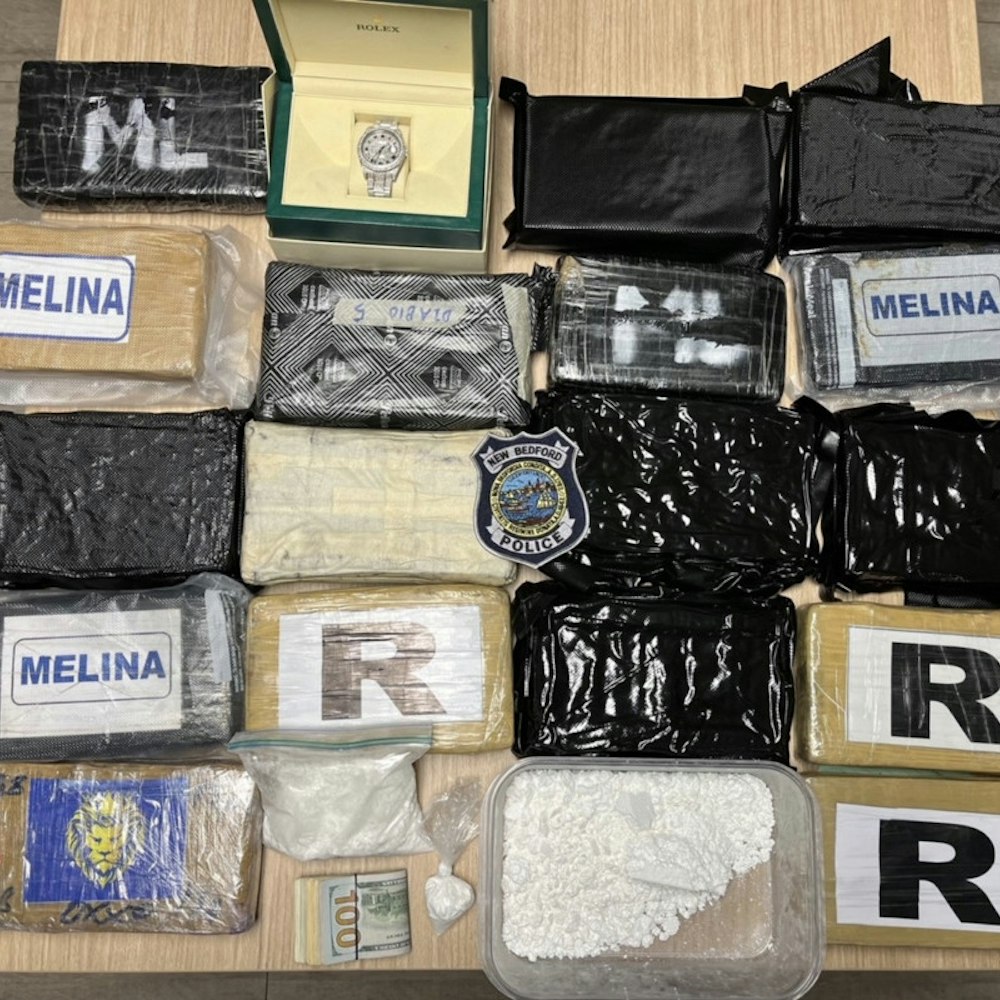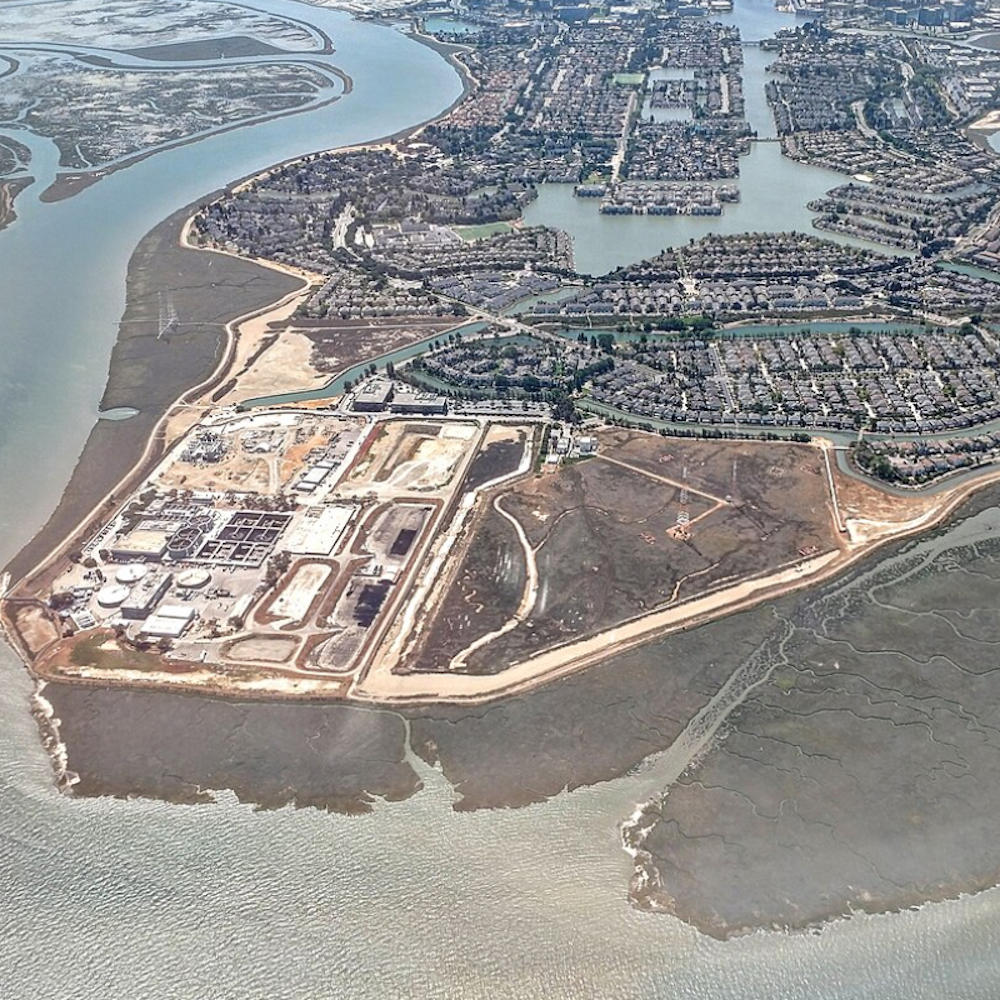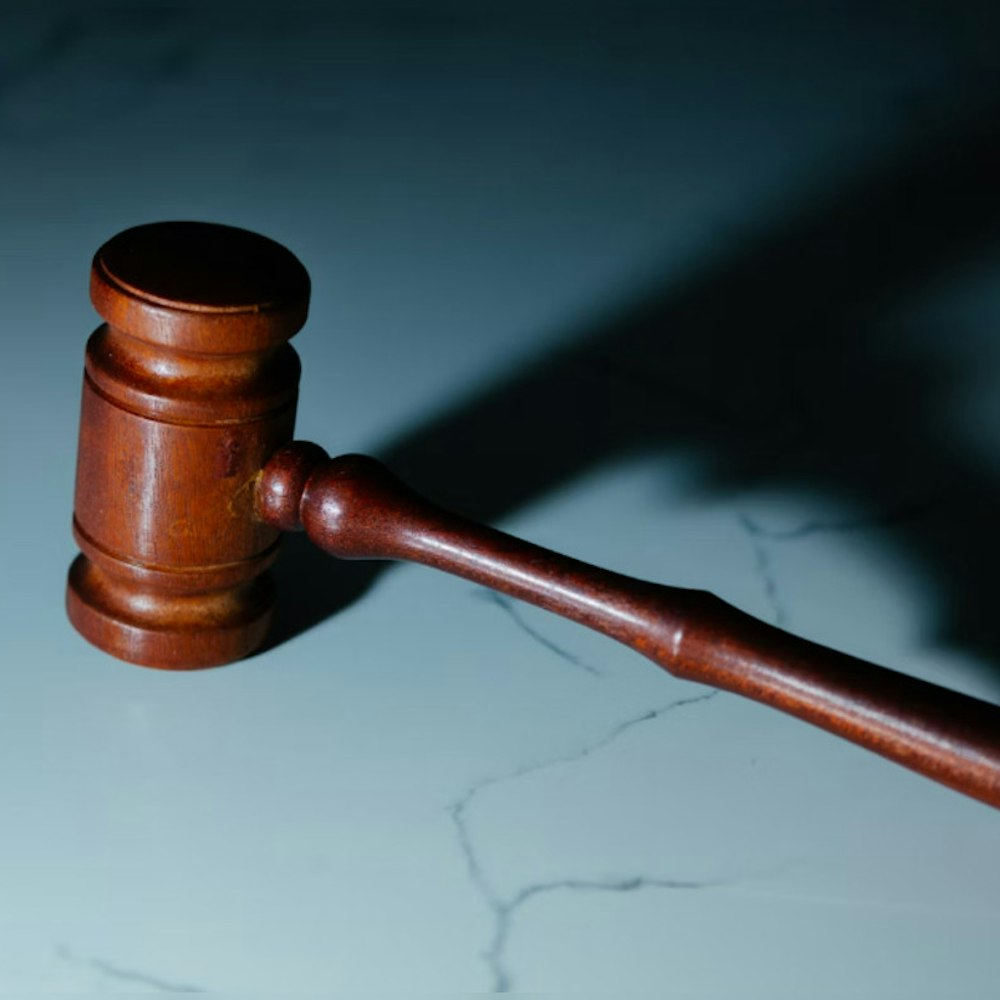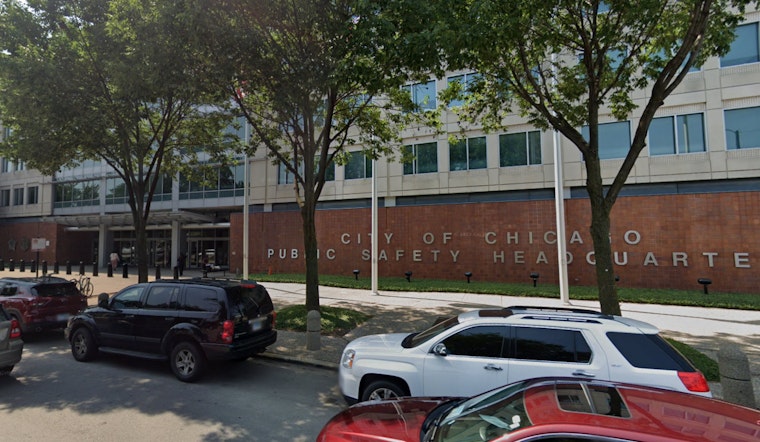
Chicago's Fraternal Order of Police Lodge 7 is determined to fully challenge a judge's ruling that could shake up the way police misconduct is addressed. The union has given notice it will appeal a Cook County judge’s decision, which if it stands, would force major police disciplinary hearings out of the shadows and into the light of public scrutiny. This appeal follows Judge Michael Mullen’s order that struck a compromise by allowing officers the option to have their most serious discipline cases decided by an independent arbitrator, but with the caveat that these hearings be conducted in the open, according to a report by the Chicago Sun-Times.
The union's appeal, detailed in a video posted by Fraternal Order of Police Lodge 7 President John Catanzara, is set to contest not only the opening of hearings but also challenges the suspension of pay for officers awaiting the resolution of their cases. They are aiming to further overturn parts of Mullen’s decision to make the changes retroactive only to September 2022, arguing for retroactivity back to 2017, as indicated in a WTTW News report.
This legal standoff has hamstrung the Chicago Police Board, delaying their anticipated rulings on nearly two dozen cases, such as that of Officer Eric Stillman. His involvement in the fatal shooting of 13-year-old Adam Toledo after a foot chase in March 2021 has been thrust into a murky limbo. Meanwhile, the conflict continues drawing lines in the sand, with the board's executive director, Max Caproni, noting concerns over a lack of transparency when arbitration is chosen over board hearings, as stated by the Chicago Sun-Times.
Transparency in police disciplinary proceedings has long been a contested issue, a point underscored by the consent decree that governs police reform mandates. Mullen, in his ruling, has cited this decree's requirement for transparency and accountability within the Chicago Police Department. As he put succinctly, "There clearly is an extraordinarily strong public policy interest in favor of transparency in cases alleging serious misconduct by Chicago Police officers serious enough to result in dismissal or suspension in excess of one year." This citation reflects an understanding of the unique role police officers play — authorized to arrest and, if needs be, to wield lethal force against civilians, WTTW News reported.
The move by the police union to appeal marks another chapter in the saga of police accountability versus union-backed protections. As litigation progresses, the city's Law Department has kept mum, citing the ongoing nature of the case. The appeal's outcome has the potential to radically alter not just the disciplinary process but potentially, the public's view into the world of police accountability – a shift happening even as the city's own council has twice voted against allowing arbitration over the Police Board, advocating instead for a process more visible and accountable to the very public it serves.


